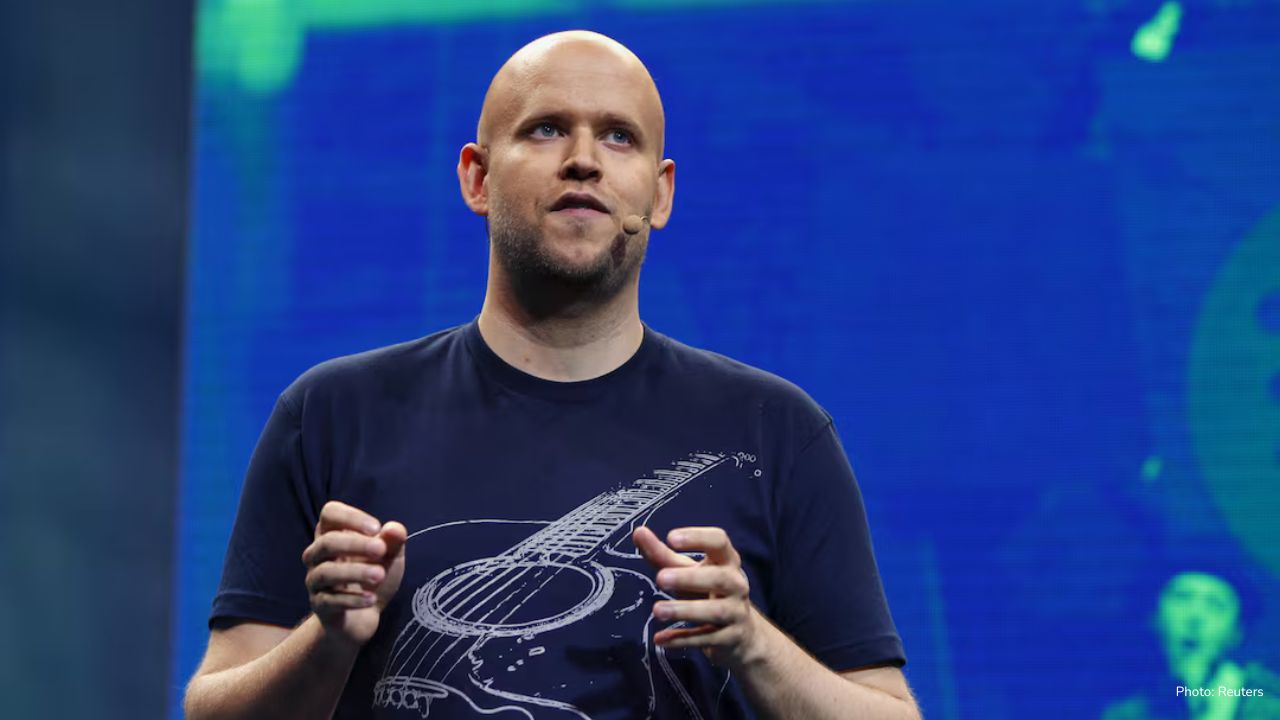
A Nutritionist’s Warm Guide to When to Enjoy Flaxs
Nutritionist Deepsikha Jain recommends 1–2 tablespoons of flaxseeds—morning, before meals or as a sn

Sweden’s Daniel Ek, the founder of Spotify, is preparing for a major change in his career. Ek, who turned Spotify into a global music giant, has announced he will step down as CEO next year. He will continue to help the company as executive chair, but his main focus will shift to new technology ventures in Europe.
Ek started Spotify in 2006 when the music industry was facing major challenges. Sales were falling, music piracy was common, and many people used illegal downloads instead of paying for music. Ek had a clear vision: he wanted to make music as easy to access as turning on a tap. His solution was music streaming, which allowed users to listen to millions of songs legally online. This idea revolutionized the music industry and turned Spotify into a $140 billion company.
Now, Ek is looking for a new challenge. He plans to invest 1 billion euros ($1.18 billion) of his own money in European “moonshot” projects. These projects will focus on advanced technology, artificial intelligence, climate solutions, and health technology. Ek says he wants to help create more world-class European companies, following the example of Spotify. He hopes to support early-stage startups that can solve big problems in society.
Ek is already involved in several ventures outside music. He co-founded Neko Health, a company that uses technology to improve preventive healthcare. The company has raised $325 million in funding. He also invested in Helsing, a German startup that makes AI-controlled combat drones. However, this investment has caused controversy. Some artists, including Massive Attack and King Gizzard & the Lizard Wizard, removed their music from Spotify in protest. Critics say that investing in weapons is not compatible with supporting music and creativity.
Despite these controversies, Ek is praised for transforming the music industry. He created a legal alternative to piracy, allowing artists to earn revenue while making music easily available for listeners. However, some critics argue that Spotify’s influence over artists has sometimes led to unfair deals, especially for independent musicians and smaller labels.
Ek began his journey as a 23-year-old coder who wanted to challenge online music piracy. Over nearly 20 years, he grew Spotify into a platform that changed how the world listens to music. His next step will be to bring the same innovative spirit to Europe’s technology sector, supporting companies that aim to tackle big societal problems.
When Ek leaves the CEO position, he will hand over leadership to Gustav Soderstrom and Alex Norstrom, who have been long-time executives at Spotify. While his focus shifts away from music, his legacy in the streaming world will continue to influence the industry for years to come.
In simple terms, Daniel Ek is moving from music to technology that could shape the future of Europe. He remains committed to innovation, and his next projects could help solve important global challenges while creating new European tech leaders.